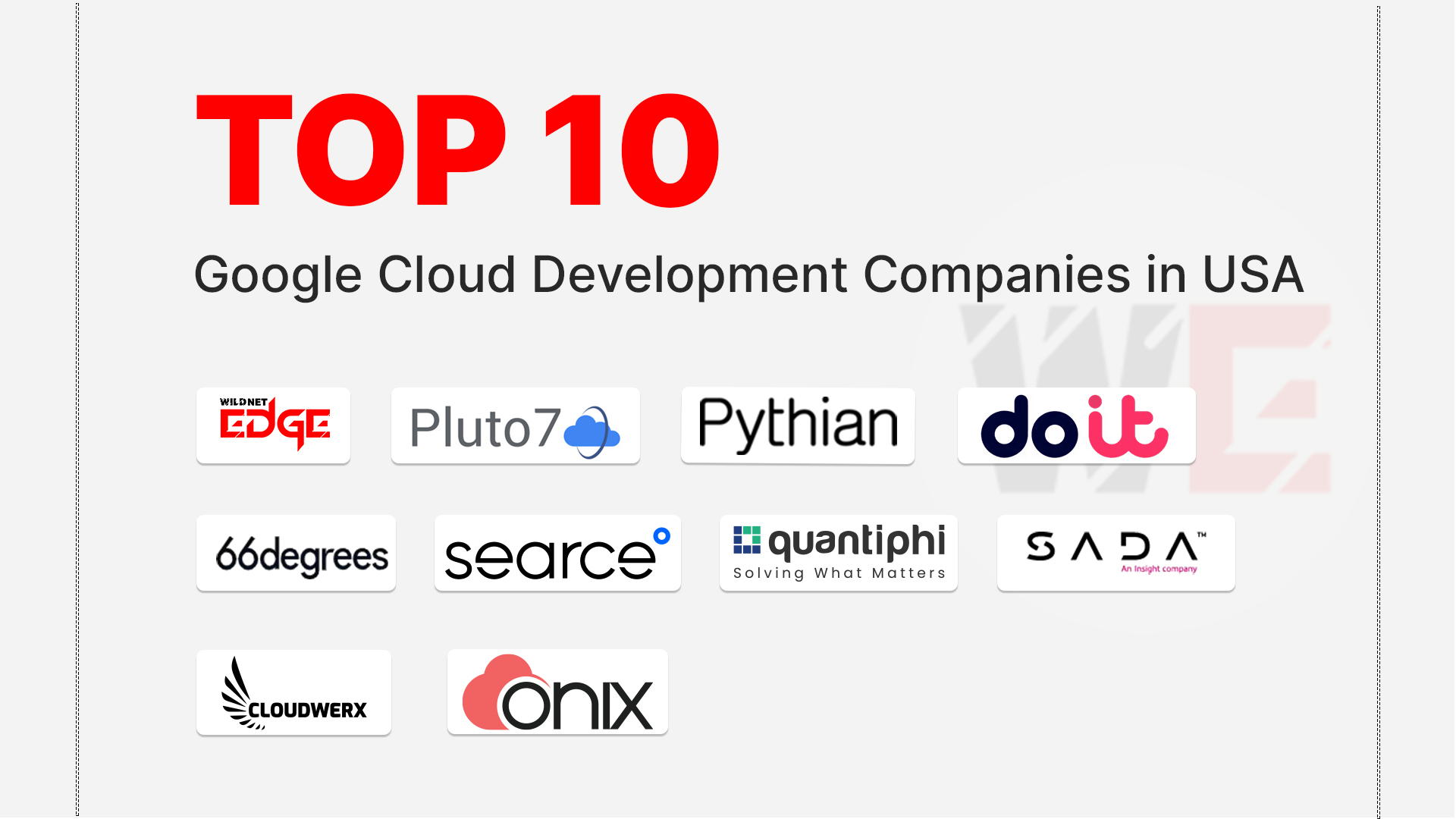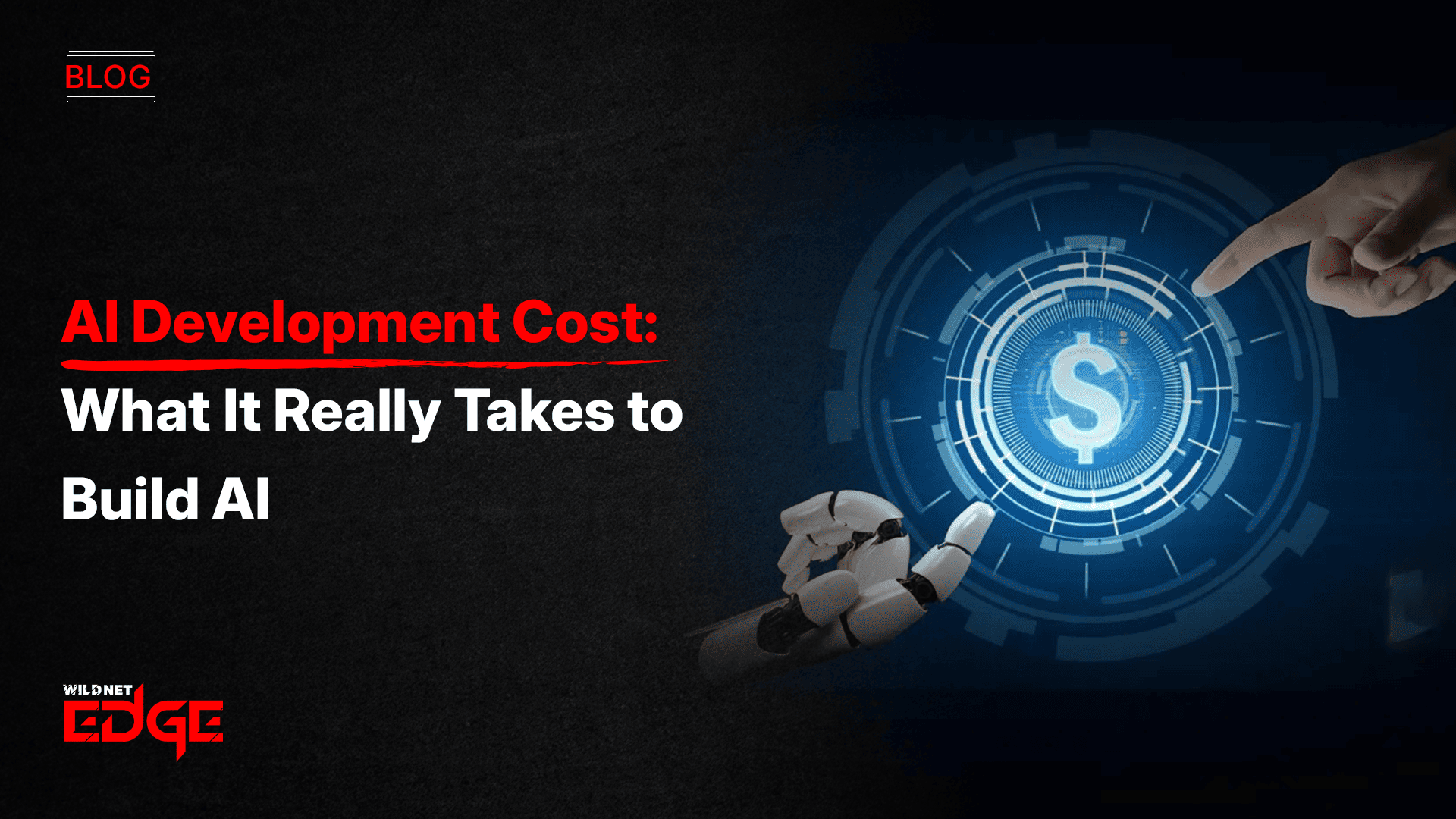Choosing the right content management system (CMS) can be a daunting task, especially when comparing giants like WordPress vs Drupal. As businesses and developers seek to create robust, user-friendly, and scalable websites, the choice of a CMS can significantly impact success. Are you struggling to determine which platform aligns best with your needs for 2026? In this blog, we will dissect the strengths and weaknesses of both WordPress and Drupal, empowering you to make an informed decision. Selecting the right CMS can unlock your website’s potential, optimize user experience, and streamline management processes, setting the foundation for digital growth.
Overview of CMS Platforms in 2026
What is a CMS?
Content Management Systems (CMS) are software platforms that enable users to create, manage, and optimize digital content without extensive technical knowledge. They serve as a backbone for website development and management, allowing users to publish, modify, and organize content efficiently.
A CMS simplifies the process of website creation with intuitive dashboards and user-friendly interfaces. Key roles of CMS platforms include:
- Simplifying content creation via WYSIWYG editors.
- Managing multimedia such as images and videos.
- Enabling collaborative features, allowing multiple users to contribute.
- Providing templates and themes for streamlined design.
In 2026, with the rise of Artificial Intelligence and machine learning, CMS platforms are evolving to personalize user experiences. WordPress and Drupal focus on harnessing these advancements to improve engagement and optimize workflows.
Evolution of Web Development
The journey of CMS development has been remarkable, shifting from static HTML pages to dynamic, interactive experiences. In the early 2000s, platforms like WordPress emerged, democratizing website creation for novices. Drupal, established as a complex solution, found its niche in enterprise-level sites that required advanced functionality.
By 2026, trends continue to shape CMS platforms:
- Headless CMS: Decoupling content management from the presentation layer allows businesses to deliver content across multiple channels, enhancing flexibility and control.
- Low-Code/No-Code Solutions: As non-technical users seek to develop and manage content, low-code platforms are flourishing, simplifying the development process.
- AI Integration: These systems are increasingly adopting AI capabilities for improved personalization, automation of routine tasks, and enhanced data analytics.
Both WordPress and Drupal are adapting to these trends, reflecting the evolving needs of businesses and content creators.
WordPress Features and Benefits
User-Friendliness and Customization
One of WordPress’s strongest assets is its user-friendliness. Designed for both beginners and experienced developers, the platform offers a straightforward installation process and intuitive dashboard. Users do not need to know coding; they can manage their website using drag-and-drop features and WYSIWYG editors.
WordPress shines in customization:
- Themes: Thousands of free and premium themes are available, allowing users to create visually stunning sites without extensive design knowledge. For example, themes like Astra and Divi provide easy customization options for different site types.
- Plugins: With over 50,000 plugins available in the WordPress repository, extending functionality is seamless. Businesses can add features like SEO tools, e-commerce capabilities, and security enhancements. For instance, Yoast SEO helps users optimize their content for search engines effortlessly.
The resulting versatility empowers users to build a website tailored to their specific needs with minimal hassle.
Community and Support
Another advantage of WordPress is its vast community and support ecosystem. With a global network of developers, users can access extensive resources, forums, tutorials, and documentation. According to estimates, over 40% of websites in 2023 were built on WordPress, underlining its popularity and community engagement.
Key resources include:
- Support Forums: Official forums provide a platform for users to seek help and collaborate with others facing similar challenges.
- Meetups and WordCamps: These events foster networking and education, while countless blogs and YouTube channels offer tutorials and insights.
- Documentation: Comprehensive documentation allows easy navigation of features and troubleshooting.
This robust support network lowers the barrier for new users, enabling them to quickly learn and resolve issues confidently.
Drupal Features and Benefits
Advanced Security Features
Drupal is renowned for its security-focused design, making it the preferred choice for complex and enterprise-level websites. The platform regularly updates its security core, and its extensive permissions system allows for granular control over user roles and access.
Some notable security features include:
- Robust User Permissions: Drupal enables site administrators to define detailed permissions for user roles, minimizing vulnerabilities.
- Securely Managed Contributed Modules: All contributed modules undergo thorough reviews to ensure compliance with security best practices.
- Community-Driven Security: The Drupal community actively monitors security vulnerabilities and promptly issues patches, ensuring timely protection against threats.
In industries requiring heightened data protection like finance and healthcare, Drupal’s security features stand out, making it a viable choice for complex applications.
Scalability and Flexibility
Drupal’s scalability and flexibility are among its top features, allowing users to manage vast amounts of content seamlessly. As your website grows, Drupal can handle increased traffic and data without performance degradation. This is critical for high-traffic sites where reliability is paramount.
Points that establish Drupal’s scalability include:
- Content Types and Fields: Drupal’s custom content types and fields enable users to define and organize diverse content effectively. This is particularly beneficial for websites with varying needs.
- API First: Its API-first architecture supports headless applications and integration with third-party services seamlessly, essential for modern digital experiences.
- Multilingual Support: Drupal stands out with robust multilingual capabilities, making it an excellent choice for organizations requiring internationalization.
These features contribute to Drupal’s reputation as an ideal platform for advanced projects and large-scale implementations.
WordPress vs Drupal: Performance Comparison
Speed and Load Times
When discussing WordPress vs Drupal, performance and speed are crucial considerations. Both platforms can deliver high-performance sites, but user configurations play a significant role.
- WordPress Speed Factors: Using high-quality hosting, optimizing images, and implementing caching plugins like WP Super Cache can enhance load times significantly. Benchmark studies reveal that well-optimized WordPress sites can achieve load times under 2 seconds, crucial for user retention.
- Drupal Speed Optimization: Drupal’s built-in caching and aggregation features contribute to fast performance as well. Since it allows detailed content and resource management, properly configured Drupal sites can also perform well under load.
In the competition of page speed metrics, both can excel, but site management is vital to achieving optimal speeds.
SEO Capabilities
Search Engine Optimization (SEO) is a critical aspect for any website. Comparing WordPress vs Drupal in this department reveals distinct advantages for each platform.
- WordPress SEO Features: With plugins like Yoast SEO and All in One SEO Pack, WordPress simplifies implementing SEO best practices, such as meta tags, sitemaps, and keyword optimization. Users report increased organic traffic after incorporating these tools.
- Drupal SEO Options: While Drupal is often perceived as less SEO-friendly, it offers powerful options for complex sites, such as custom URL structures and enhanced optimization modules. The flexibility in content structuring allows for rich data markups, further enhancing visibility in search results.
Both platforms allow for good SEO, but WordPress’s extensive plugin ecosystem plays a crucial role in making it the preferred choice for many users.
Cost Analysis of CMS Platforms
Initial Setup Costs
When evaluating the costs associated with CMS platforms, it’s essential to consider initial setup expenses.
- WordPress Costs: Users can set up a basic WordPress site with budget hosting starting as low as $5/month. Premium themes can range from $30 to $100, while plugins may incur a minimal cost. If you opt for customization, hiring a developer could add anywhere from $500 to $5,000, depending on the site’s complexity.
- Drupal Costs: Due to its complexity, the initial setup costs for Drupal tend to be higher. Hosting might range from $15/month to over $50 depending on scalability needs, and developers typically charge more for Drupal due to the level of expertise needed. Initial development could start from $1,000 and easily exceed $10,000 for extensive customization.
Understanding these cost variances can better inform your decision based on budget constraints.
Long-Term Maintenance Costs
Looking beyond initial costs, long-term maintenance of a CMS is pivotal for sustainable website management.
- WordPress Maintenance: WordPress requires regular updates of the core, themes, and plugins, typically costing between $50 to $300 a year on maintenance tasks if outsourced. Organizations can face additional costs for premium plugins or hosting upgrades.
- Drupal Maintenance: Ongoing Drupal maintenance can be more costly due to the complexity of updates and security management. Organizations might spend $1,000 annually on maintenance tasks, plus additional costs for security audits, performance monitoring, and more.
Long-term costs should be a fundamental part of the decision-making process, as they greatly influence a project’s viability.
Ideal Use Cases for Each CMS
When to Choose WordPress
WordPress is best suited for:
- Blogs and Content-Driven Sites: Its ease of use makes it the ideal platform for bloggers and publishers who require regular updates.
- Small to Medium Businesses: Smaller businesses can leverage WordPress without significant upfront costs, ensuring a solid online presence.
- E-commerce Sites: With plugins like WooCommerce, WordPress seamlessly transforms into an e-commerce platform suitable for small to moderate-sized online stores.
Businesses targeting simplicity and visual appeal often find WordPress more aligned with their needs.
When to Choose Drupal
Drupal is recommended for:
- Complex Websites: Organizations needing multifaceted functionality, such as education institutions or government agencies, benefit from Drupal’s scalability.
- Enterprise-Level Solutions: Brands prioritizing high security, data management, and integration requirements will appreciate Drupal’s depth of features.
- Large E-commerce Platforms: Businesses with extensive product catalogs and intricate backend systems can thrive with Drupal’s capabilities.
Choosing Drupal is advantageous for organizations dealing with large volumes of data, advanced security needs, and bespoke website requirements.
Conclusion
In the debate of WordPress vs Drupal, the right choice depends on your unique requirements and goals. WordPress excels in user-friendliness and customization, making it ideal for smaller operations, while Drupal offers unparalleled security and scalability, better suited for larger enterprises and complex projects.
As you navigate this decision, Wildnet Edge stands out as a trusted authority on CMS platforms, providing insights and solutions tailored to your business needs. Regardless of the platform you choose, understanding your specific requirements and matching them with the strengths of each CMS will ensure a robust online presence.
Ready to explore the best CMS options for your project? Dive deeper into our resources to find where your digital journey begins!
FAQs
Q1: What are the main differences between WordPress and Drupal?
The main differences include user-friendliness, customization options, and security features. WordPress is generally easier for beginners, while Drupal is tailored for more complex, large-scale websites requiring heightened security.
Q2: Which CMS platform is better for SEO?
Both WordPress and Drupal have strong SEO capabilities. However, WordPress is often favored for its extensive array of user-friendly plugins dedicated to SEO practices.
Q3: What types of websites are best suited for WordPress?
WordPress is great for blogs, small businesses, and e-commerce sites, particularly where ease of use and quick setup are priorities.
Q4: How secure is Drupal compared to WordPress?
Drupal offers advanced security features and is often seen as a more secure option for complex websites, making it ideal for industries that require strict data protection.
Q5: What are the costs involved in setting up WordPress vs Drupal?
Initial setup costs can vary; WordPress generally has lower upfront expenses, while Drupal may incur higher costs due to the complexity of its setup and the expertise required for development.

Managing Director (MD) Nitin Agarwal is a veteran in custom software development. He is fascinated by how software can turn ideas into real-world solutions. With extensive experience designing scalable and efficient systems, he focuses on creating software that delivers tangible results. Nitin enjoys exploring emerging technologies, taking on challenging projects, and mentoring teams to bring ideas to life. He believes that good software is not just about code; it’s about understanding problems and creating value for users. For him, great software combines thoughtful design, clever engineering, and a clear understanding of the problems it’s meant to solve.
 sales@wildnetedge.com
sales@wildnetedge.com +1 (212) 901 8616
+1 (212) 901 8616 +1 (437) 225-7733
+1 (437) 225-7733















 ChatGPT Development & Enablement
ChatGPT Development & Enablement Hire AI & ChatGPT Experts
Hire AI & ChatGPT Experts ChatGPT Apps by Industry
ChatGPT Apps by Industry ChatGPT Blog
ChatGPT Blog ChatGPT Case study
ChatGPT Case study AI Development Services
AI Development Services Industry AI Solutions
Industry AI Solutions AI Consulting & Research
AI Consulting & Research Automation & Intelligence
Automation & Intelligence













